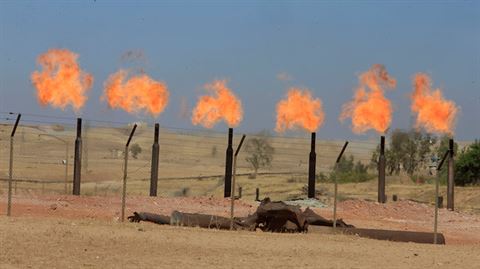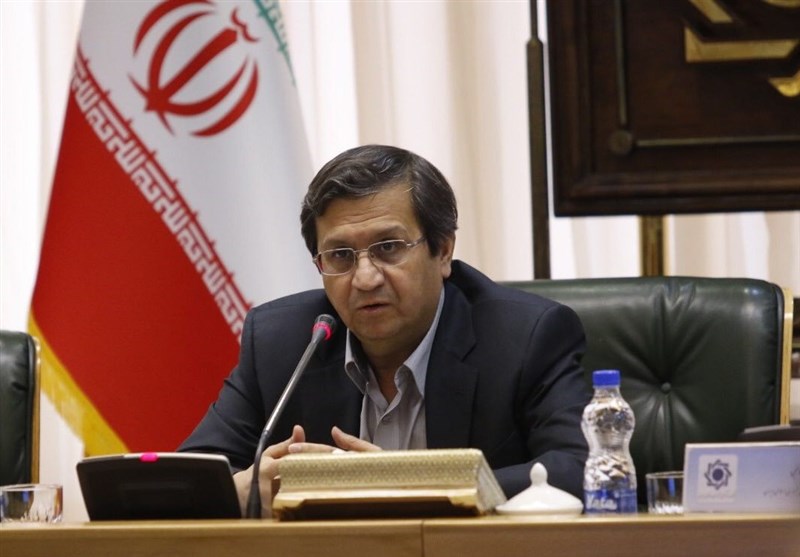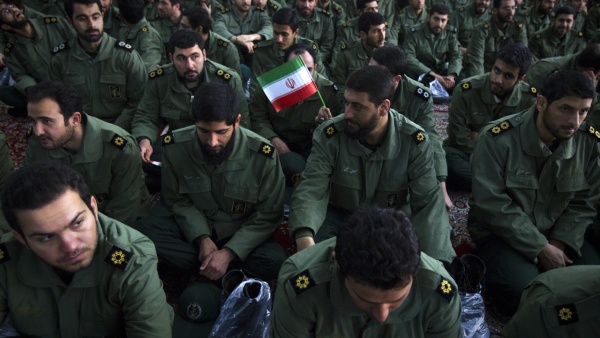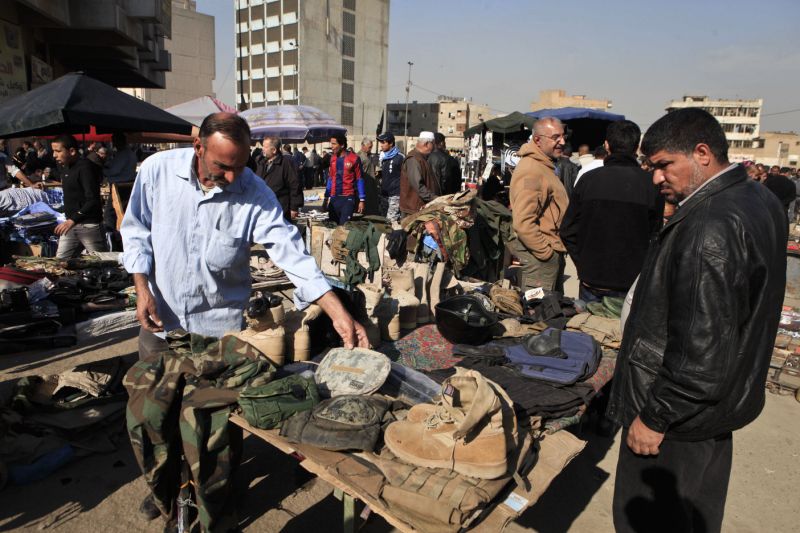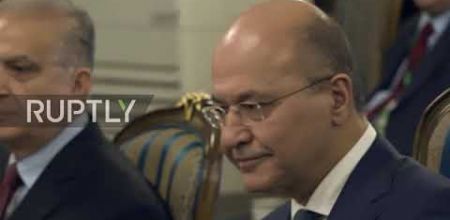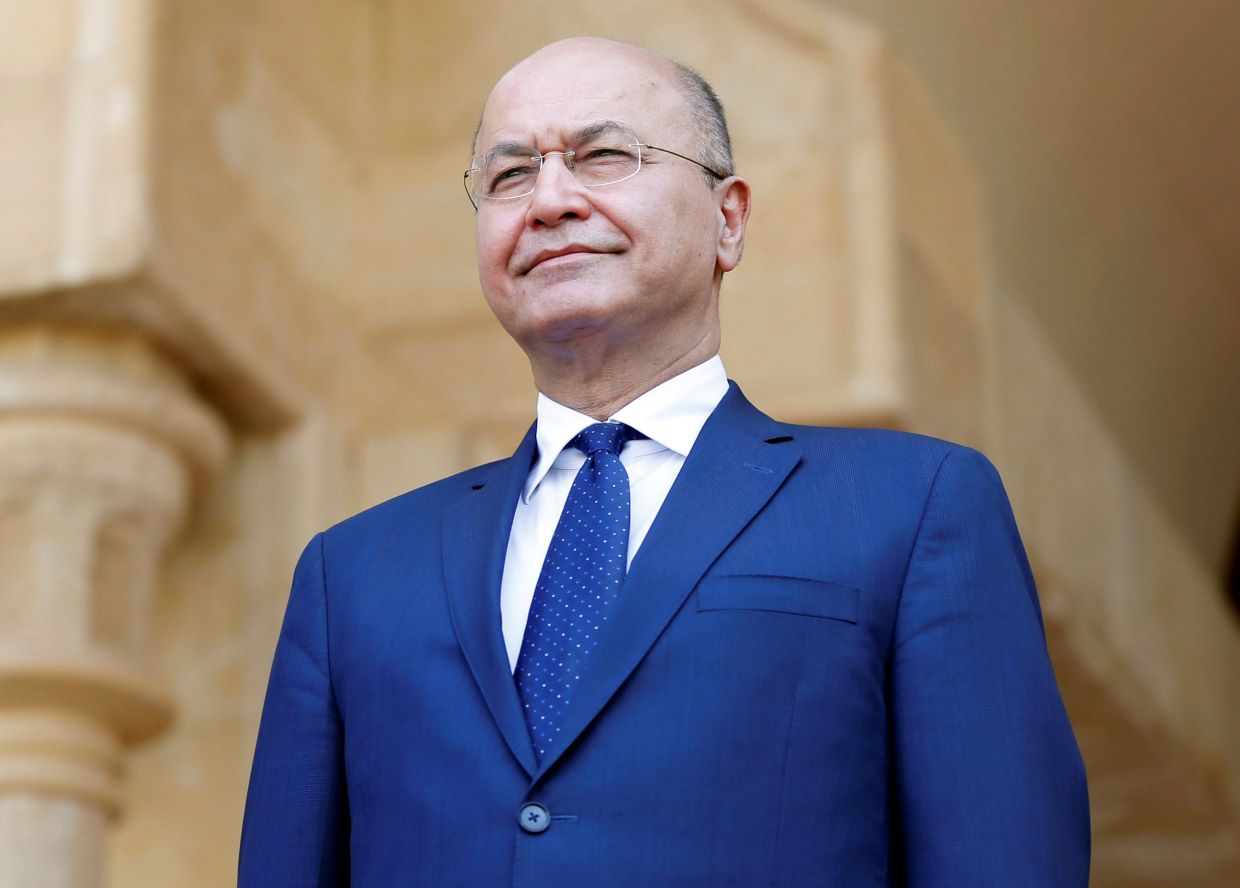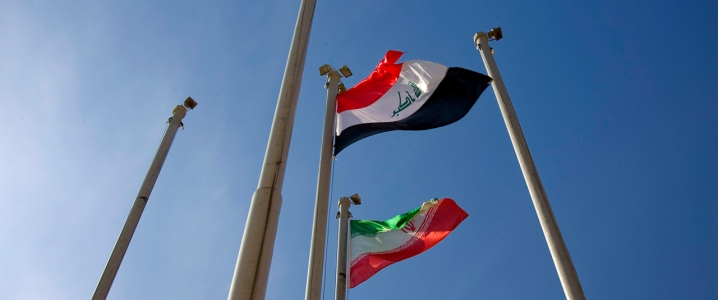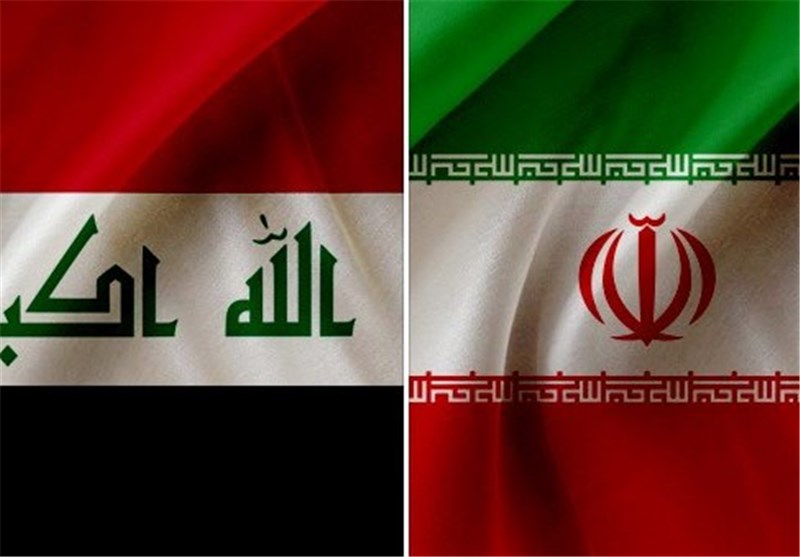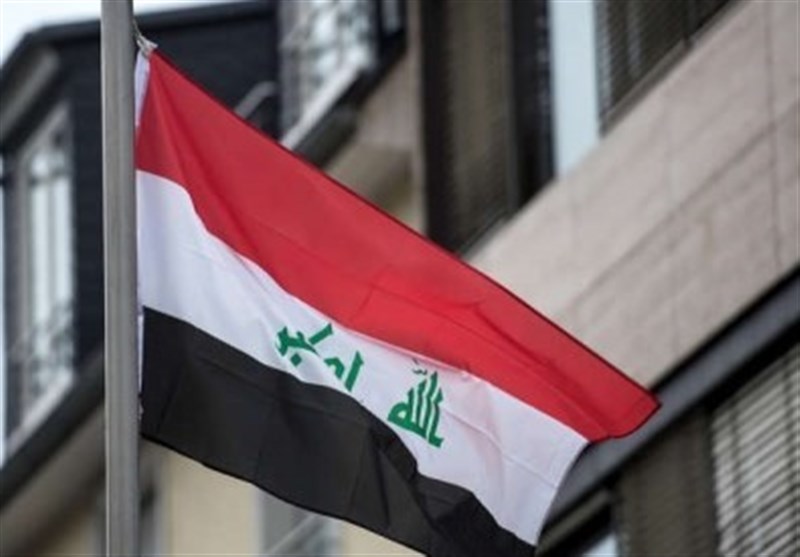The governor of the Central Bank of Iran unveiled plans for using non-dollar accounts for oil and gas trade with Iraq.
Abdolnaser Hemmati on Wednesday held a meeting with presidents of Iraqi banks, members of Iraq’s chamber of commerce and the Arab country’s business people during a trip to Baghdad.
In the gathering, the top Iranian banker unveiled a new mechanism to continue Iran’s trade with Iraqi businesses, saying the CBI is going to open euro and dinar-based accounts to process transactions for trade in oil and gas.
Describing Iraq as Iran’s major partner, Hemmati said the two countries have agreed to make the banking ties much stronger.
“According to the agreements, Iranian exporters should be able to continue activities via Iraqi banks, and Iranian banks could also open dinar accounts in Iraqi banks.”
He also stated that Iraqi companies can reciprocally open accounts in Iranian banks and conduct transactions in dinar.
In December 2018, Chairman of Iran-Iraq Chamber of Commerce Yahya Ale-Eshaq said the central banks of Iran and Iraq were finalizing negotiations to begin trade in their own currencies.
Iraq’s Foreign Minister Mohamed Ali Alhakim has made it clear that his country cannot cut off trade ties with Iran under the US sanctions, saying the value of annual trade between Iran and Iraq amounts to $12 billion.
(Source: Tasnim, under Creative Commons licence)

